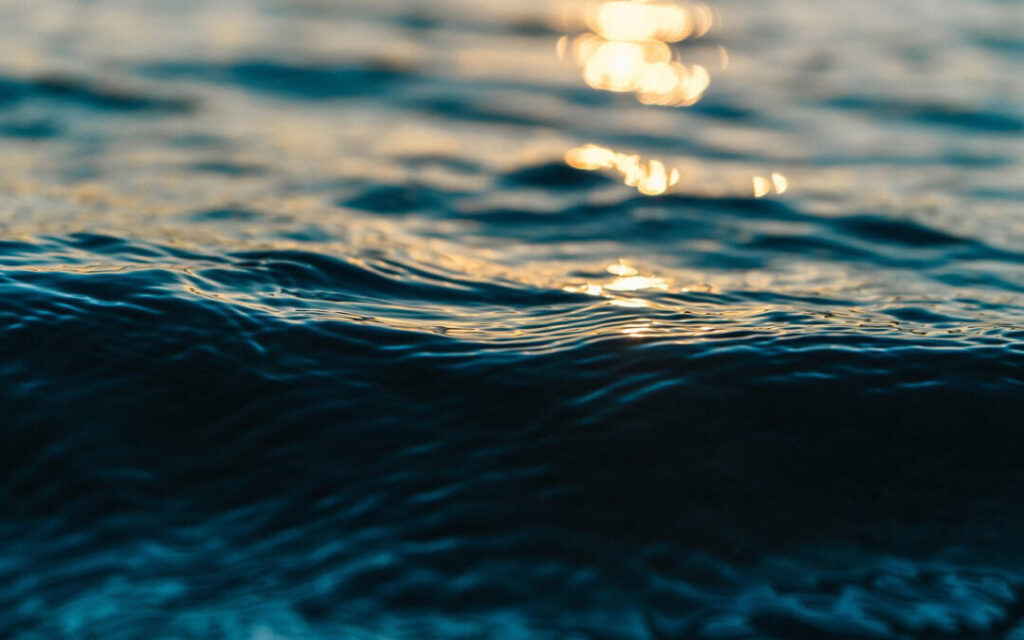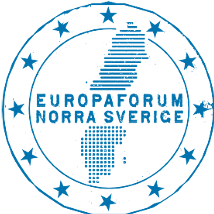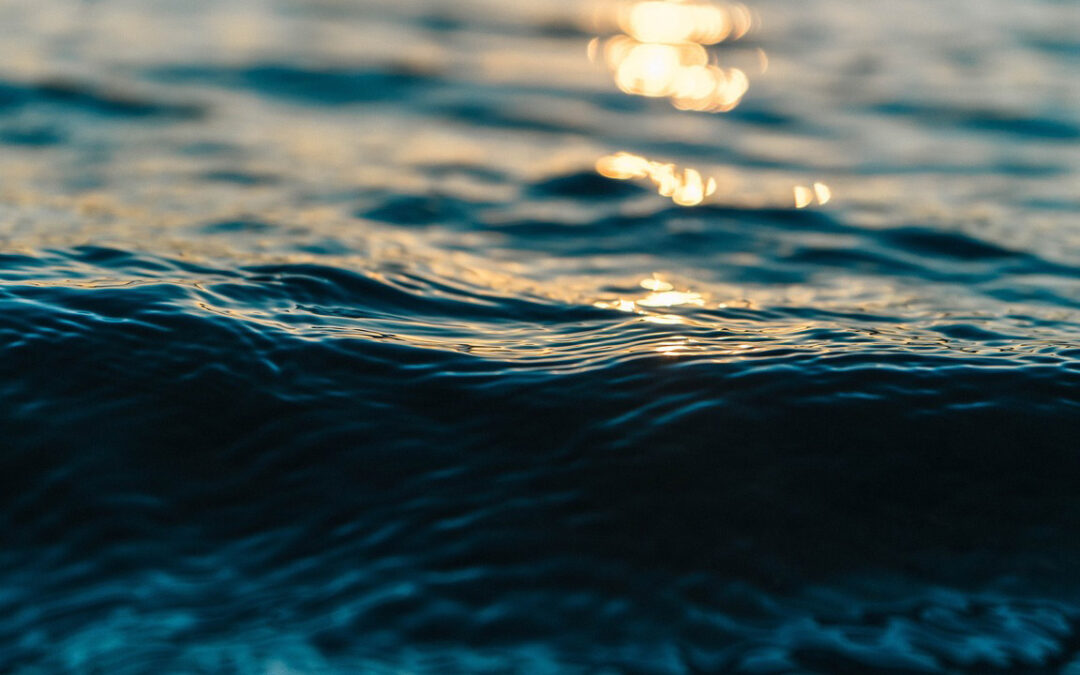
Europaforum Northern Sweden (EFNS) is a network for politicians at the local and regional levels from Norrbotten, Västerbotten, Jämtland Härjedalen and Västernorrland. EFNS is a meeting place and a knowledge arena for discussion and analysis of the impacts of EU policy on northern Sweden. EFNS monitors European issues to influence EU legislation, the EU’s strategies and action programmes and the EU’s budget. The objective of EFNS is to safeguard the interests of northern Sweden both in the European arena and in relation to the national level in matters with a clear European perspective.
EFNS views in brief
- EFNS welcomes a European strategy for water resilience
- The EU’s work on water resilience must be highly flexible to the different conditions in the various countries and regions of the Union
- EFNS does not want to see mandatory requirements for water recycling
- The competitiveness of northern Sweden’s water-intensive industry must be secured
EFNS welcomes a European strategy for water resilience
EFNS supports the European Commission’s initiative to develop a European strategy for water resilience. We share the European Commission’s concern about the mismanagement of water and the pollution of water resources. Climate change risks exacerbating the situation in many places and recently the geopolitical situation has increased the risk of sabotage in water production.
The EU’s work on water resilience needs to be highly flexible and include an understanding of the differences between EU countries and regions
Very large water resources in northern Sweden
Northern Sweden has very large water resources. In the four northernmost counties, eight major rivers flow into the Gulf of Bothnia and the Bothnian Sea with a combined average flow of almost 3,000 cubic metres per second. There are around 65 000 lakes with a surface area of more than one hectare. If you divide the number of lakes by the population, northern Sweden has about 14 people per lake. The groundwater reservoirs are well-filled and continuously replenished by abundant precipitation, which is also expected to increase with climate change in northern Sweden.
Sparse population – four people per square kilometre
Northern Sweden is very sparsely populated. In the four northernmost counties, the population density is four persons per square kilometre. In Sweden as a whole, the population density is around 26 people per square kilometre, and in Germany it is 235 people per square kilometre.
Less than one per cent agricultural land
In large parts of the EU, intensive agriculture is a major burden on water resources. In northern Sweden, the situation is very different. Agriculture is practised on less than one per cent of the land surface, and poses no threat to water availability, and has very limited impact on water quality.
Measures to address the ageing drinking water and wastewater infrastructure need to be prioritised in northern Sweden
Access to clean water and sanitation for citizens and businesses is generally good. The challenge for most Swedish municipalities is the old infrastructure for production and distribution of drinking water and treatment of wastewater. Breakdowns and burst pipes are common, and large sums need to be invested in continued safe supply of drinking water and wastewater treatment. A further challenge in northern Sweden is long distances, and the fact that few inhabitants must share the costs of reinvestments.
Great flexibility in regulatory frameworks is needed
In terms of water resilience, northern Sweden differs from much of the Union. Water availability is good in northern Sweden and the challenges here are mainly related to the ageing infrastructure for production and distribution of drinking water and wastewater treatment. EFNS therefore emphasises that the EU’s water resilience framework must allow for great flexibility to address the varying challenges of different countries and regions.
EFNS does not want to see mandatory requirements for water recycling
Water recycling is a necessity in large parts of the Union and the need is expected to increase. In northern Sweden, however, the situation is different. To invest resources in compulsory water recycling in northern Sweden would likely mean a great waste of resources, and EFNS therefore does not want to see any general compulsory requirements or regulations that steer towards water recycling in the regions where there is no need for water recycling.
The competitiveness of northern Sweden’s water-intensive industry must be secured
The water-intensive industries, such as steel and process industries, that exist in northern Sweden are very important for the region, for Sweden and for the supply of steel and cellulose products in the EU. New water-intensive activities are also emerging, such as greenhouse-based food production in symbiosis with industry that generates surplus heat. While the EU’s work on water resilience will safeguard the EU’s water supply, the EU’s regulatory framework must not jeopardise the competitiveness of established water-intensive industries, including those emerging now, such as greenhouse production, and there needs to be an openness to the fact that innovative ideas of the future may also need abundant water.
Adopted by Europaforum Northern Sweden
| Jonas Andersson (S), ordförande, EFNS Region Jämtland Härjedalen | Åsa Ågren Wikström (M) Vice ordförande EFNS Region Västerbotten | Anders Öberg (S) Region Norrbotten | Jonny Lundin (C) Region Västernorrland |
| Johan Loock (M) Region Jämtland Härjedalen | Rickard Carstedt (S) Region Västerbotten | Carina Sammeli (S) Norrbottens kommuner | Dan Rasmusson (SD) Region Västernorrland |
| Daniel Danielsson (C) Kommunförbundet Jämtland Härjedalen | Ann Åström (S) Region Västerbotten | Isak Utsi (S) Norrbottens kommuner | Erik Lövgren (S) Kommunförbundet Västernorrland |
| Lars-Gunnar Nordlander (S) Kommunförbundet Jämtland Härjedalen |

